Attending business conferences is an invaluable opportunity to build meaningful connections and elevate your career. AWD specialises in creating environments that maximise networking potential, ensuring you connect with the right people to drive your professional growth. This guide offers essential insights to help you make the most of every networking opportunity.
Set Clear Networking Goals
Before you even step into a business conference, take a moment to determine your networking goals. Ask yourself what you hope to achieve by attending. Perhaps it’s meeting potential clients, finding mentors, or expanding your industry knowledge.
Having clear objectives will guide your interactions during the event. It’s similar to preparing for a journey; you wouldn’t set off without a map, right? By pinpointing specific individuals or groups, you’re more likely to have meaningful conversations.
Consider writing down your goals. This will not only help you stay focused but also remind you of what you’re aiming to achieve throughout the conference. Keep them accessible—perhaps on your phone or a small notebook.
Finally, don’t forget to set measurable goals. This could mean aiming to collect a certain number of business cards or scheduling specific one-on-one meetings during the event. This way, you can reflect on your success afterward.
Research Attendees and Speakers
Knowledge is power, especially at business conferences. Familiarising yourself with the list of attendees and speakers can set you apart. Research their backgrounds, interests, and recent accomplishments. This way, you’ll feel more prepared to engage in conversation.
If there are specific people you want to connect with, consider reaching out before the event. A simple message expressing your interest in their work can lay the groundwork for a future conversation.
Don’t underestimate the value of social media. Platforms like LinkedIn are perfect for this. Follow the individuals you hope to meet, engage with their posts, and start building rapport even before the conference begins.
Researching speakers is just as crucial. Knowing their topics and previous talks can help you formulate insightful questions, demonstrating your interest and engagement, and making it more likely that they’ll remember you.
Prepare Your Elevator Pitch
In the fast-paced atmosphere of business conferences, a well-crafted elevator pitch is your best friend. This brief introduction serves as a snapshot of who you are and what you do. Preparing it in advance can boost your confidence because you’ll feel ready whenever opportunities arise.
Aim for clarity and conciseness. Your pitch should ideally be 30 to 60 seconds long. Focus on what sets you apart—whether it’s your unique skills, innovative ideas, or accomplishments in your field.
Practice your pitch until it feels natural. You might even want to rehearse it with a friend or colleague who can provide feedback. The more you practice, the more comfortable you will be when it’s time to present yourself at the conference.
Don’t be afraid to adapt your pitch slightly based on the audience. Tailoring it to resonate with particular listeners demonstrates your adaptability and can lead to more engaging conversations.
Engage in Social Activities
One of the best ways to network is through social activities often associated with business conferences. Whether it’s a welcome dinner, a happy hour, or informal breakout sessions, these settings provide the perfect opportunity for relaxation and open conversation.
Be approachable! Smile, make eye contact, and introduce yourself. Engaging in small talk can pave the way for deeper discussions. Asking open-ended questions can also keep the conversation flowing.
Remember, networking isn’t just about career advancement; it’s about building genuine relationships. Take the time to learn about the people you meet. What are their interests outside of work? Building rapport can create lasting connections.
Participating in these activities also allows you to showcase your personality. Your unique traits and interests can attract the right connections, making networking feel less daunting and more enjoyable.
Follow Up After the Conference
Networking doesn’t stop once the last session concludes. In fact, it’s the follow-up that can make or break a valuable connection. After a conference, make a point of reaching out to the people you met. A simple thank you email can go a long way in fostering relationships.
When following up, personalise your messages. Mention specific conversations you had, refer to shared interests, or recommend resources based on your discussions. This shows that you value the connection and remember the interaction.
Don’t hesitate to connect on social media platforms. LinkedIn is particularly useful for maintaining professional relationships. Regular engagement with your contacts keeps you on their radar for future opportunities.
Finally, always be open to meeting again down the line. Propose a coffee chat or suggest collaborating on a project if applicable. This proactive approach helps solidify the relationship you worked hard to establish at the conference.
Make the Most of Your Networking Opportunities
By following these steps, you can significantly enhance your networking experience at business conferences. Remember, the key is to engage actively and maintain the connections you make.

